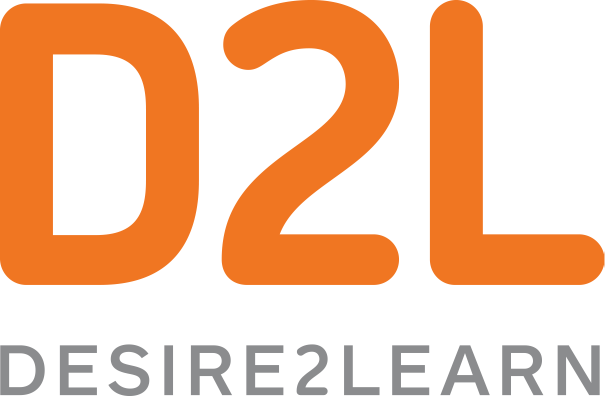The Future of Blended Learning in Higher Education 2021
Online Event 17 June 2021, 9:00am - 4:00pm

Rebecca Bennett
University of Manchester
Professor Rebecca Bennett, is Professor in Bioethics and Associate Dean for Teaching, Learning and Students (Distance Learning). Becki has taught bioethics since 1993 and has published widely on diverse issues in bioethics. In 2002 she devised and launched the innovative distance learning MA in Health Care Ethics and Law which she ran until 2009. From 2009 to 2014 she was the Programme Director for the PhD in Bioethics and Medical Jurisprudence – another innovative programme that bases a doctoral thesis around published papers. She has recently launched a comprehensive package of short online CPD courses in medical ethics and law.
Becki has published widely on diverse issues in bioethics including the ethics of screening for Down’s syndrome including NIPT, the ethics of blood spot screening in newborns, the ethical treatment of transgender children and adolescents, antenatal HIV testing, assisted reproductive technologies, prelimplatation genetic diagnosis, genetic testing in pregnancy, arguments surrounding attempts to eradicate disability including arguments against Procreative Beneficence, responsibility in pregnancy, HIV/AIDS, cloning, stem cell research, men’s reproductive rights, male pregnancy, ectogenesis, selective treatment of infants, sex selection, the role of public consultations in ethics and law and the possibility of ethical compromise.
Becki's latest paper is available via open access. 'When Intuition is Not Enough. Why the Principle of Procreative Beneficence Must Work Much Harder to Justify Its Eugenic Vision', Bioethics, 2013.







